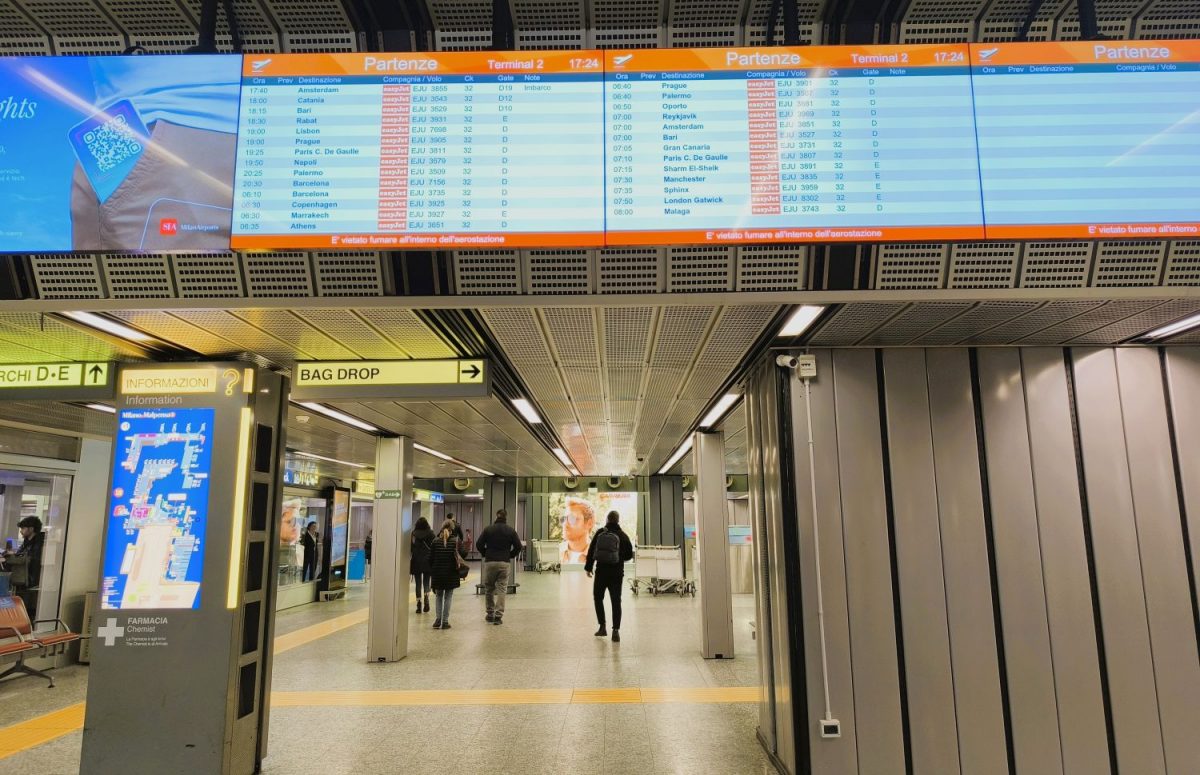Q&A with Gerry Samuels, Mobile Travel Technologies
With 30% of UK mobile subscribers surfing the internet on their phones there is huge potential for travel. Mobile Travel Technologies founder and executive director Gerry Samuels discusses the current trends and opportunities.
Q: How advanced is travel on mobile devices is currently?
A: The services that are getting traction in the industry are things like sending out travel itineraries, maps and directions, the ability to change the reservation and value-add information such as the weather. Simple bookings are also getting traction. Japan is the most advanced market where ANA is receiving 5% of bookings via mobile phones so it is coming. The other area of interest is in the whole management of information where the traveller receives travel notifications about flight delays or other operational issues. What I don’t think the market is ready for yet is complex transactions such as booking your summer holiday with kids’ clubs etc. We’re focused on where it makes sense for mobile and saves costs for the supplier or intermediary by cutting down calls.
Q: What does Mobile Travel Technologies do?
A: We have developed the M2B platform to licence to travel suppliers and intermediaries who then provide optimised travel information to their customers on the go. What you want to do on your mobile phone is not what you want to do on your PC – it’s about finding a hotel in a certain area or amending a flight. What we’re not about is taking what you do on the PC web and trying to shoehorn it onto the mobile phone. It’s about developing services for mobile. Today, virtually every mobile phone has access to mobile internet through a mini-browser and our technology recognises what sort of device you have so you are not getting a basic poor service but the best possible service for your mobile phone. We also develop specific applications for companies who, for example, just want SMS text services.
Q: What are we going to see in the next 12 months?
A: Developments will come in areas such as airport check-in to take the inefficiencies out of the process. NFC (near field communications) phones are being developed which will be like having an Oyster card embedded on your phone. You bring the phone near to a reader and use it to pay for things or use it to check-in and it strips time out of the whole process.
Q: How quickly will travel on mobile devices take hold?
A: The technology and infrastructure are out there. The quality of handsets is out there and they are renewed every 20 months – screens are getting bigger and people are getting increasingly comfortable. In the third quarter of last year there were 13 million mobile subscribers using the mobile internet and by the fourth quarter it had reached 15 million. If you look at where people are in their lives now they are out of the home or out of the office and they have dead time. We are seeing how people are using Blackberries and in Japan there is more mobile internet surfing than PC internet. We are beginning to trend towards the Japan model because it’s cheaper, easier and there is the improvement in handsets. Where people don’t have time to fix up their travel at work or at home they will increasingly use mobile travel services. Within 12 months we will see a good number of the largest airlines and hotel groups offering clients the opportunity to make bookings and access information through their mobiles.
Q: Can Web 2.0/reviews work on mobile travel services?
A: There is an opportunity when people are in a destination and don’t have a PC but want to upload some simple information. You could be in a particular area and want to see what like-minded people are saying about where to go and what to see but it has got to be pretty tailored.
by Linda Fox
Phil Davies
Have your say Cancel reply
Subscribe/Login to Travel Mole Newsletter
Travel Mole Newsletter is a subscriber only travel trade news publication. If you are receiving this message, simply enter your email address to sign in or register if you are not. In order to display the B2B travel content that meets your business needs, we need to know who are and what are your business needs. ITR is free to our subscribers.








































CCS Insight: eSIMs ready to take the travel world by storm
Germany new European Entry/Exit System limited to a single airport on October 12, 2025
Airlines suspend Madagascar services following unrest and army revolt
Qatar Airways offers flexible payment options for European travellers
Air Mauritius reduces frequencies to Europe and Asia for the holiday season